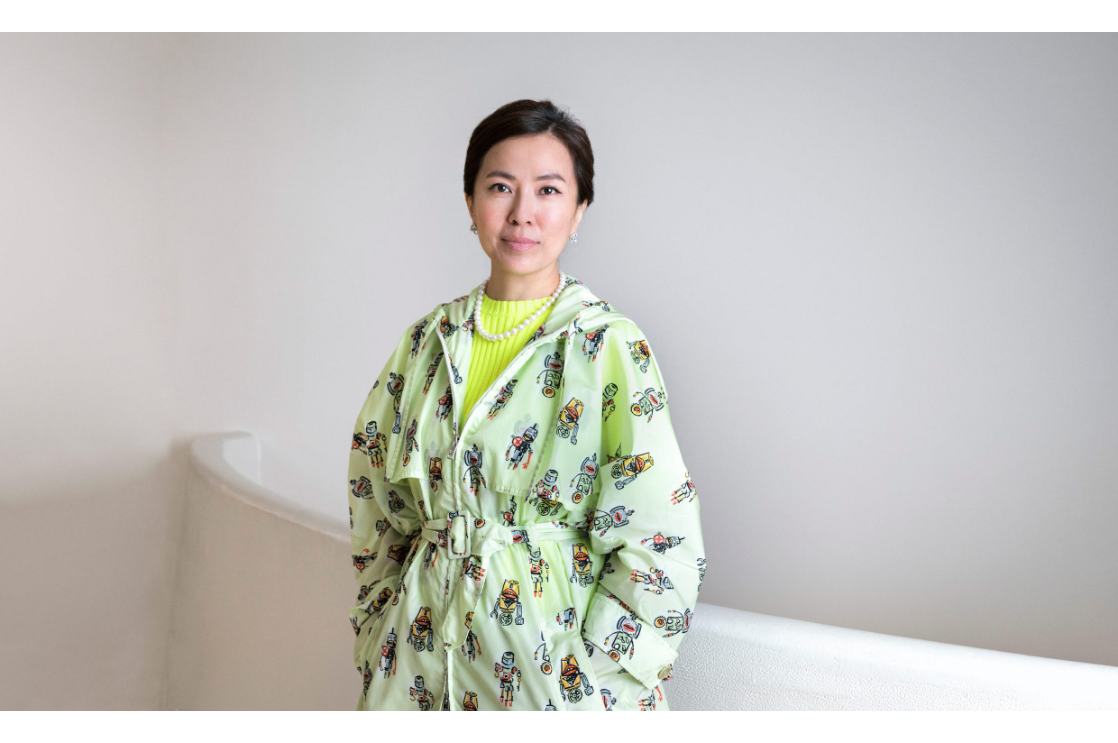
Anicka Yi has created giant kelp pods filled with animatronic insects, injected live snails with oxytocin, and developed soil whose environment is governed by A.I. Later this year, her unique brand of oddball technology-infused art will receive its largest stage yet. The Korean-American artist has been chosen to create the next Turbine Hall commission at Tate Modern in London, her largest and most ambitious project to date.
Yi’s site-specific work will take over the massive gallery space from October 2020 to January 2021. “Anicka Yi has developed a reputation for highly innovative work,” said Frances Morris, the director of Tate Modern, in a statement. “Her installations are unforgettable, using the latest scientific ideas and experimental materials in unexpected ways. The results not only engage the senses, but also tackle some of the big questions we face today about humanity’s relationship to nature and technology.”
Yi, who won the Guggenheim’s Hugo Boss Prize in 2016, is perhaps best known for incorporating scent into her work. She has recreated the smell of Gagosian Gallery to evoke art-market prestige and worked with a French perfumer to pinpoint what she described as “the scent of forgetting.” She also employs unconventional materials such as antidepressants, palm tree essence, and a cellphone signal jammer (and that was just for a single piece!) For her Guggenheim commission, she created an installation using live ants.
Anicka Yi, Biologizing the Machine (tentacular trouble) (2019). Image courtesy Ben Davis.
Yi did not begin making art until her mid-30s, and had her first solo show at New York gallery 47 Canal in 2011. The nature of her project for Turbine Hall has not yet been revealed. One imagines that this is in part because Yi’s work is often the product of experiments and collaborations with scientists that coalesce at the last minute.
In a 2017 interview with T Magazine, Yi explained her kinship with scientists: “It’s just that we work almost in reverse timelines: Scientists have their hypothesis and then spend the next 20 or 30 years of their career trying to prove it, whereas artists won’t really understand what their hypothesis was until the end of their career.”
Recent Tubine Hall commissions—one of the most prestigious gigs in the art world—include Kara Walker’s monumental fountain and an artistic, interactive playground by Superflex. The commission is sponsored by Hyundai Motor Company.